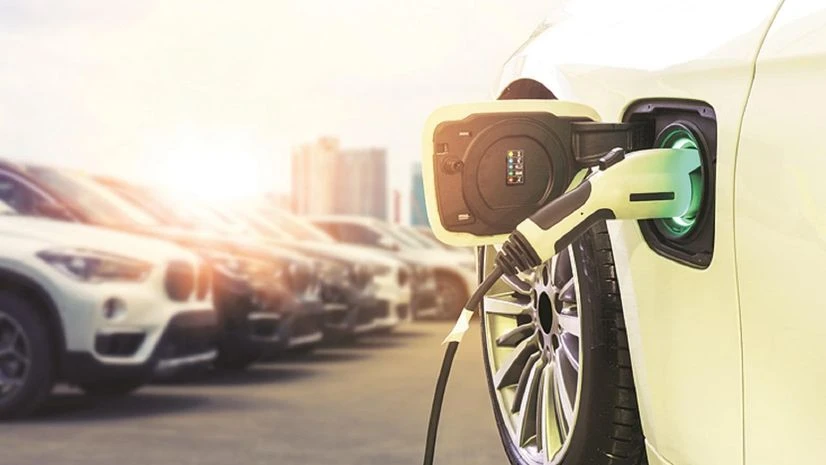Electric vehicle sales in the country saw a decline of 22.3 per cent in May 2024 compared to the same month last year. However, there was a modest recovery of 8.8 per cent sequentially.
In May 2024, according to data from the Vahan portal, total EV sales amounted to 123,107 units, a fall from 158,459 units in May 2023, which also saw peak sales in the calendar year. In April, 113,092 units were sold.
During May, out of the total 123,107 units sold, two-wheelers accounted for about 51.7 per cent, three-wheelers comprised roughly 42.5 per cent, passenger cars made up around 5.3 per cent, and buses represented 0.2 per cent.
The remaining vehicles, including omni, agricultural vehicles, goods carriers, and others, constituted less than 0.4 per cent of total sales.
Also Read
Reason for the fall
Sector experts suggest that the sharp decline this May could be due to a combination of factors such as changes in government policies and customer interest shifting towards hybrids as well as the general elections.
“Consumers, especially in fleet and business sectors, often postpone their purchase decisions until elections are over. Manufacturers also prefer to ramp up investments once a new government is formed. Additionally, the recent decline in sales could be attributed to the end of Faster Adoption and Manufacturing of Electric Vehicles (FAME) incentives and a shift in customer preference towards hybrids,” Puneet Gupta, director, S&P Global, said.
Electric vehicle sales reached their peak in March 2024, with a staggering 209,608 vehicles sold.
Since then, sales have consistently stayed below the 145,000 mark, indicating a return to normalcy after a phase of exceptional expansion.
ALSO READ: May sees electric two-wheeler sales revving up, led by Ola Electric
ALSO READ: May sees electric two-wheeler sales revving up, led by Ola Electric
This growth was fuelled by robust incentives provided under the government's flagship FAME scheme, which concluded on March 31.
Industry executives are concerned that the anticipated increase in sales could be delayed if the government does not extend the deadline of its current Electric Mobility Promotion Scheme 2024 (EMPS 2024) or introduce a third phase of FAME.
“If the government discontinues incentives for the EV industry, sales are likely to decline in the short run. This is at least until the production-linked incentives (PLIs) for the automobile sector reaches its incentive disbursement stage,” said an industry player.
Incentives under the auto PLI will start from April 1, 2025.
On March 13, the Centre also announced EMPS 2024. It is aimed at fostering the sale of electric two-wheelers (e2W) and three-wheelers (e3W).
Under this scheme, the Ministry of Heavy Industries earmarked Rs 500 crore to support around 400,000 vehicles over four months.

)
